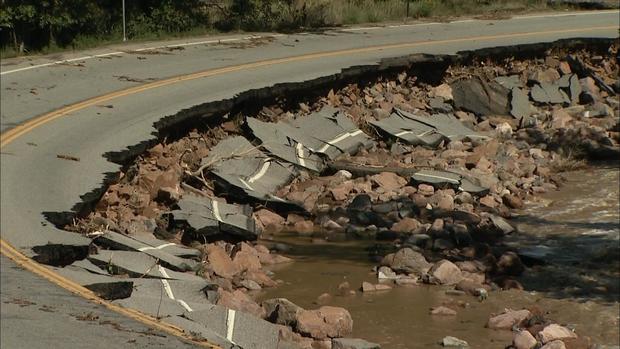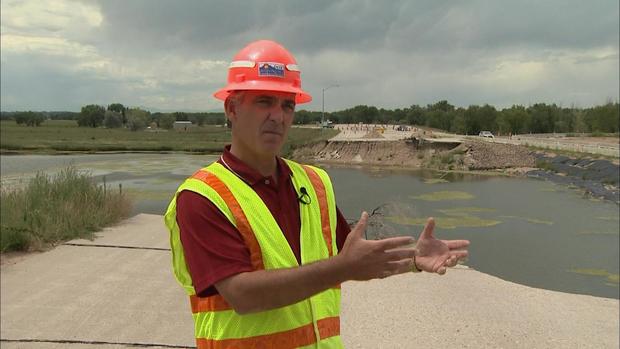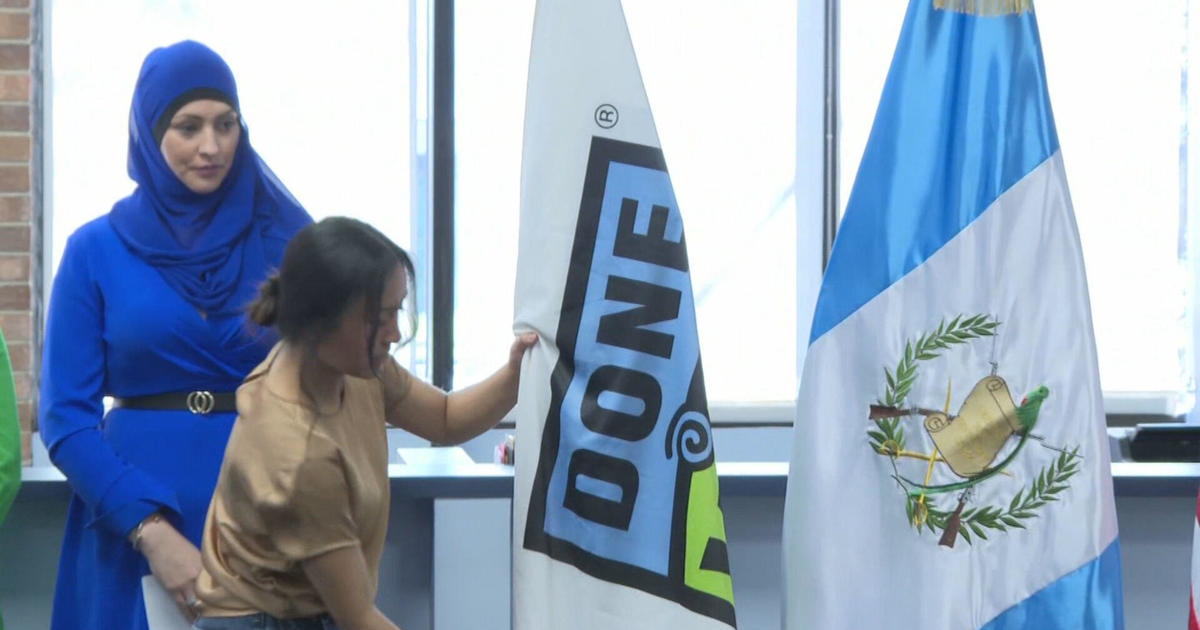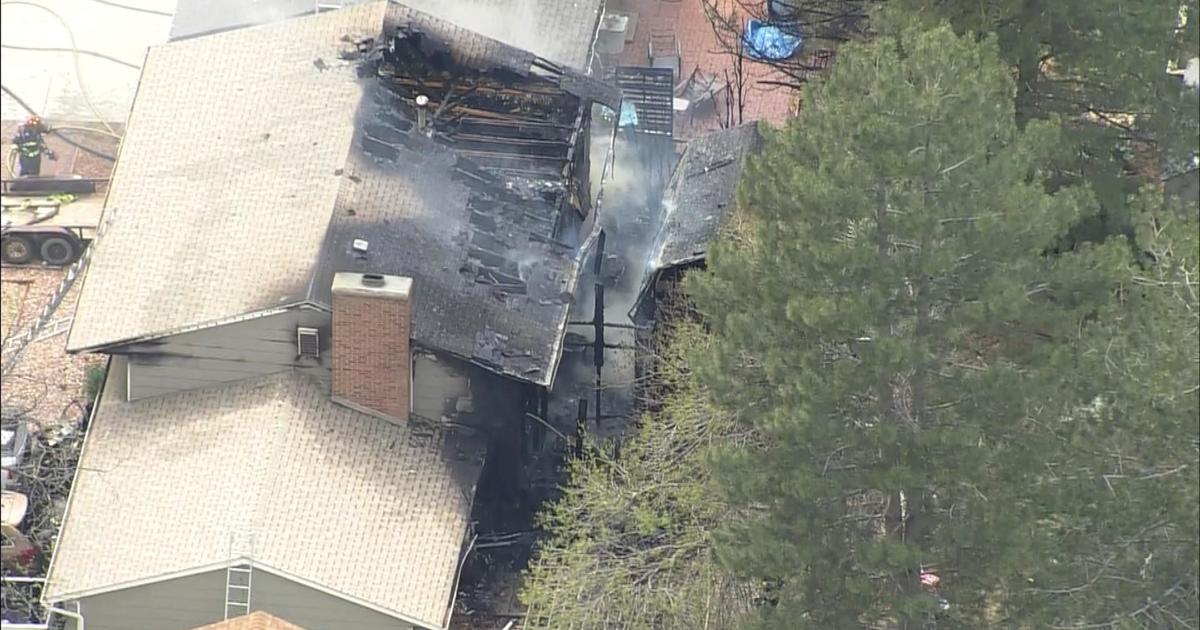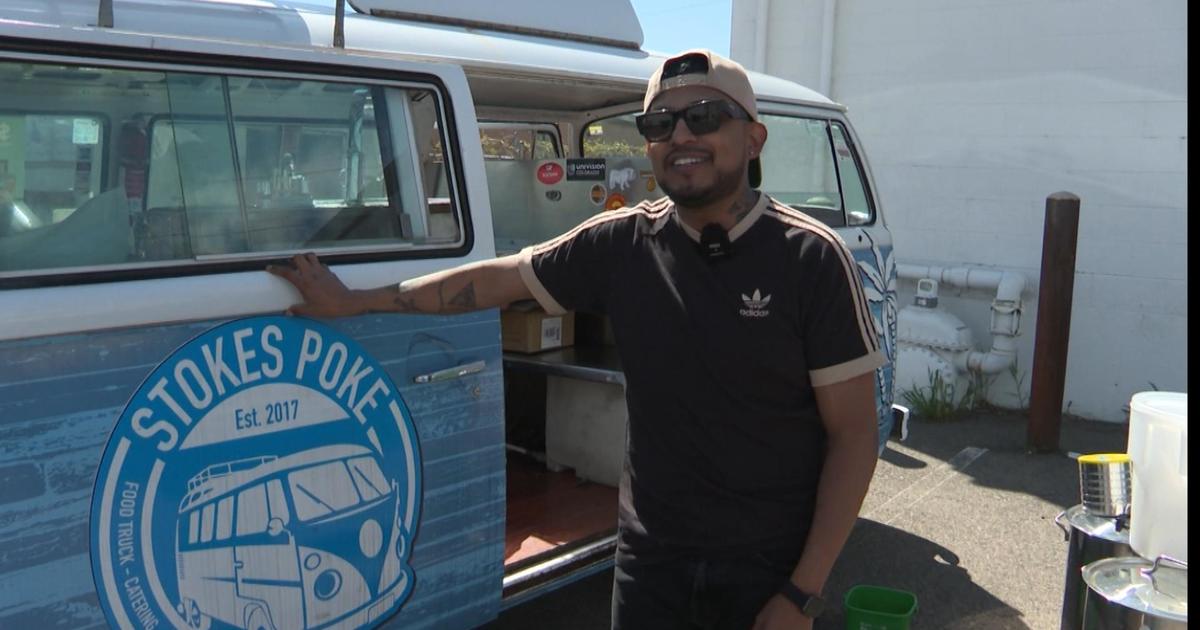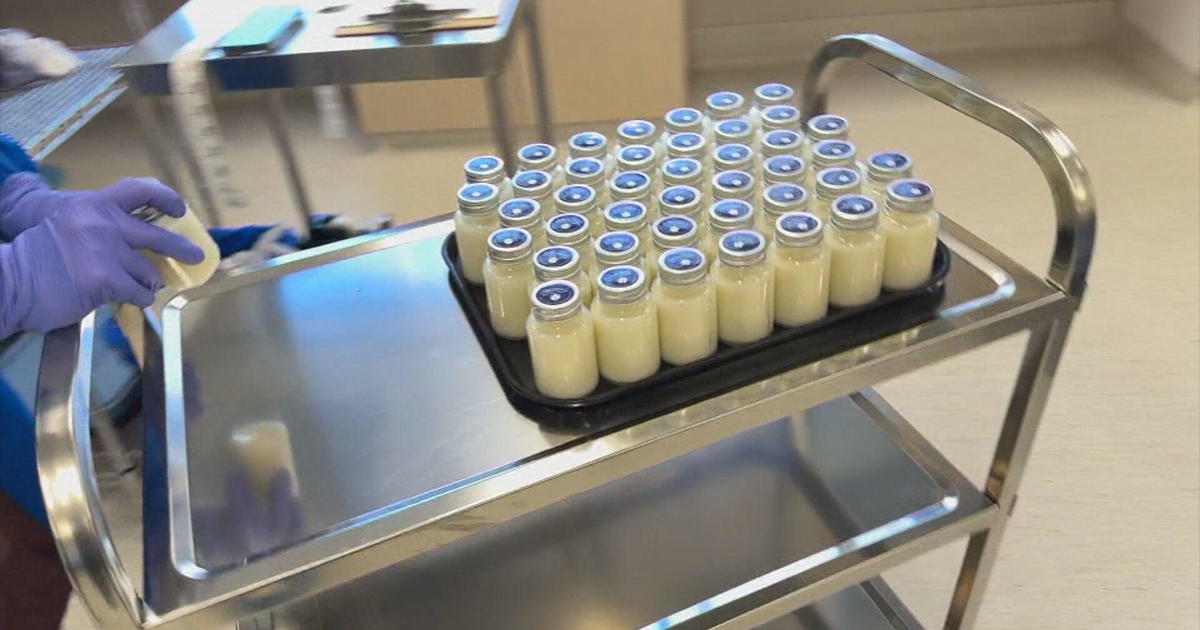Lessons Learned As Colorado Rebuilds
DENVER (CBS4) - As Colorado continues to recover and rebuild from the devastating flooding in 2013, there have been numerous lessons learned by the many agencies involved.
For the oil and gas industry, leaders realized that connections between holding tanks need to be more flexible in case flood waters push through.
For conservation and natural resources groups, the emphasis has shifted to taking great care in not only repairing damaged rivers and streams, but ensuring wildlife can recover, too. Fish ladders have been installed along many waterways to create a seamless transition for water caught in the currents between streams.
The Colorado Department of Transportation learned many lessons as they faced what could be called one of the most daunting challenges in their history; rebuilding several hundred miles of road.
In total, 39 state highways were paralyzed by the flood waters. One of the hardest hit was U.S. 34 in Big Thompson Canyon, where entire sections were washed away.
When Colorado's Gov. John Hickenlooper said he wanted all roads open in less than three months, it meant CDOT had to look at things differently.
"We couldn't do our normal work that we had always done, because it was not so much about the roadway, but reconnecting communities and lives," said CDOT spokesman Johnny Olson.
The lesson? Build temporary roads first to get life back on track, then work on a more permanent fix for the future. And part of that future means a different way of thinking.
"We're smarter today, practices are better, technology is better, and we're going to take the roadway and the stream. Typically, roadways and streams don't design well together, but, now we're looking at how to design this as a system. So as the river rises what does the roadway do, and how does the roadway effect the river," said Olson.
Even though all roads are back open with temporary fixes, it could be years before permanent solutions are found.
"What I learned during that disaster was having no transportation, no first response, and no emergency services ... nothing can happen. It highlighted the importance of how transportation affects communities," said Olson.
